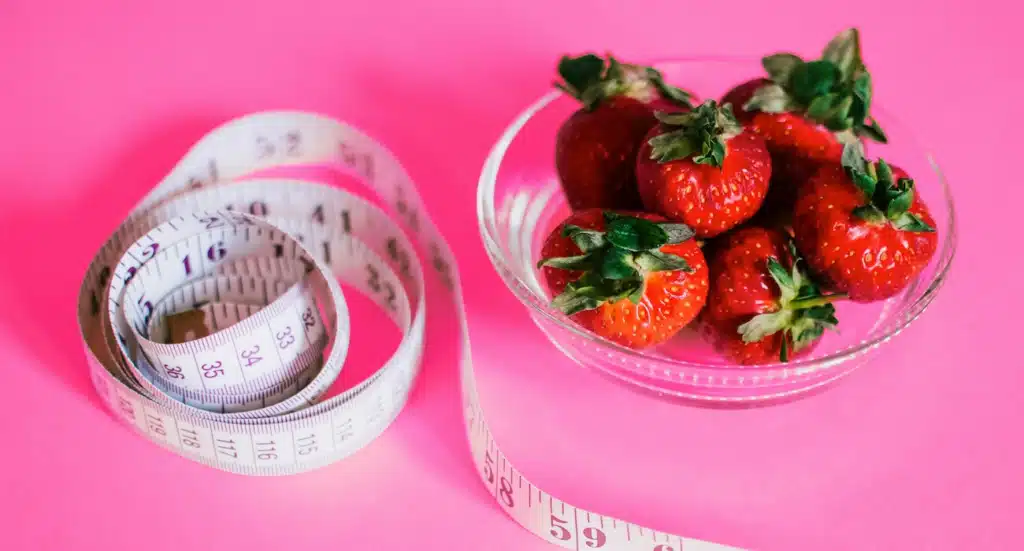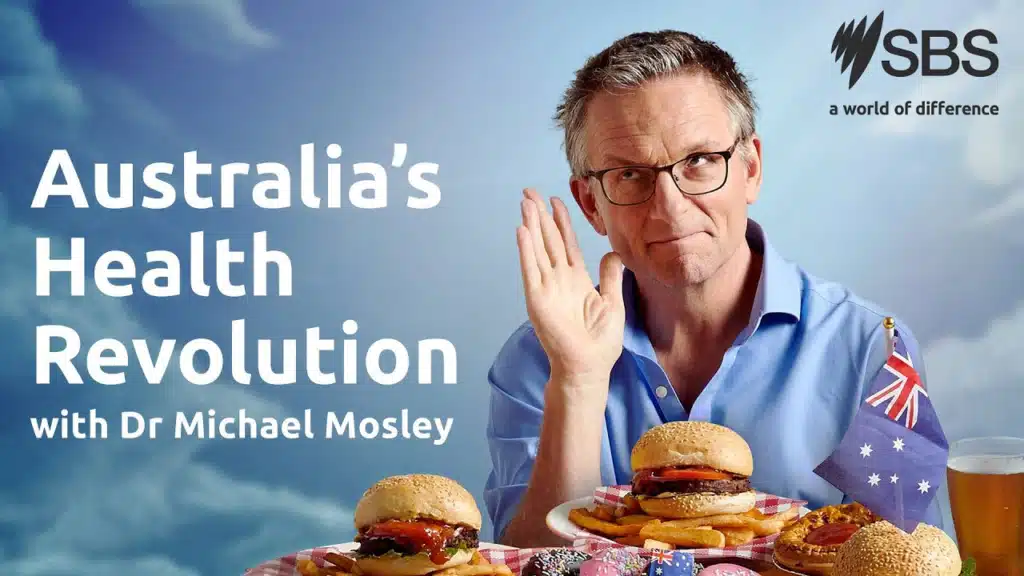
Can Type 2 Diabetes Be Reversed?
Type 2 diabetes has often been seen as a chronic, lifelong condition, but emerging research and real-life success stories are changing that narrative. Inspired by the powerful documentary “Australia’s Health Revolution with Dr Michael Mosley” (You can watch the documentary here), I wanted to explore how lifestyle changes, guided by science, can help manage – and even reverse this condition.
Understanding Type 2 Diabetes
Type 2 diabetes occurs when the body becomes resistant to insulin or doesn’t produce enough of it, leading to high blood sugar levels. If left unmanaged, it can result in serious complications like heart disease, nerve damage, and kidney issues. However, studies suggest that with the right lifestyle interventions, it’s possible to significantly improve or even reverse Type 2 Diabetes.
Lifestyle Interventions Backed by Science
A Focus on Nutrition
Research shows that adopting a low-carbohydrate or ketogenic diet can significantly lower blood sugar levels. A 2018 study published in Current Diabetes Reports demonstrated that patients on a ketogenic diet saw sustained reductions in HbA1c and medication use. Incorporating whole, unprocessed foods and avoiding refined carbs and ultra-processed foods can stabilize blood sugar and promote weight loss. For some people, a personalized nutrition plan is the solution.
Exercise as Medicine
Regular physical activity enhances insulin sensitivity. Activities like walking, strength training, and high-intensity interval training (HIIT) have been shown to improve glucose control and reduce the risk of complications.
Intermittent Fasting
Intermittent fasting has gained attention for its ability to lower blood sugar and improve insulin sensitivity. Studies suggest that controlled fasting periods can help the body utilize stored glucose and reduce fat around the liver and pancreas, key areas affected in type 2 diabetes.
Weight Loss as a Game-Changer
According to research from the Diabetes Remission Clinical Trial (DiRECT), significant weight loss—particularly through diet and exercise—can lead to diabetes remission. Losing as little as 5-10% of body weight can dramatically improve blood sugar levels.

Practical Tips to Reduce Blood Sugar Spikes
Managing blood sugar levels is a key component of reversing type 2 diabetes. Simple, everyday habits can make a big difference in keeping your glucose levels stable:
Take Apple Cider Vinegar Before Meals: A tablespoon of apple cider vinegar diluted in water can improve insulin sensitivity and reduce blood sugar spikes after eating.
Start with Vegetables: Eating fiber-rich vegetables first during meals slows digestion and prevents rapid glucose absorption.
Take a Short Walk After Meals: A 10–15 minute walk after eating helps muscles absorb glucose more effectively, reducing post-meal spikes.
Combine Carbs with Protein or Fat: Pairing carbohydrates with protein or healthy fats slows the release of sugar into the bloodstream.
Stay Hydrated: Drinking water throughout the day supports kidney function, helping to regulate blood sugar.
Incorporating these simple strategies into your routine can significantly improve blood sugar control and overall metabolic health. For more tips like these, chek out our Instagram Account.
Inspiring Takeaways from the Documentary
While I haven’t personally faced type 2 diabetes, the documentary “Australia’s Health Revolution with Dr Michael Mosley” highlighted the profound impact of taking control of one’s health. Watching individuals transform their lives through simple yet powerful lifestyle changes was a reminder of the body’s incredible ability to heal itself when given the right tools.
One of the most alarming aspects was learning how many people are pre-diabetic without even knowing it. According to the International Diabetes Federation, approximately 1 in 10 adults worldwide are living with diabetes, and many more are in the pre-diabetic stage, often undiagnosed. This silent progression can lead to severe health complications if left unchecked.
This sobering reality emphasized the importance of early detection and prevention through lifestyle changes like diet, exercise, and regular health screenings. It’s never too early – or too late – to take proactive steps toward better health.

The Role of Supplements and Monitoring
Supplements like magnesium, chromium, and berberine have shown promise in supporting blood sugar control, though they should always complement, not replace, other lifestyle changes. Regular monitoring of blood sugar levels and working with healthcare providers is essential for a safe and effective journey toward remission. There are many health gadgets for home use that can help monitor your health.
Final Thoughts
Reversing type 2 diabetes isn’t about finding a miracle cure—it’s about committing to sustainable changes in diet, activity, and mindset. Whether you’re managing diabetes or looking to prevent it, these strategies can help you on the way towards a healthier and more vibrant life.
It’s important to note that type 1 diabetes is fundamentally different from type 2. Type 1 diabetes is an autoimmune condition where the body does not produce insulin, and it is currently not reversible. The strategies discussed here are specific to type 2 diabetes, which is often influenced by lifestyle factors. Always consult with a healthcare provider to determine the best course of action for your individual needs.




Pingback: How Your Metabolism Changes with Age and What You Can Do About It - Hacks for Wellness and Health
January 31, 2025 at 10:12 amPingback: Why Balancing Omega-3 and Omega-6 Is Crucial for Your Health
March 11, 2025 at 11:26 amPingback: Metabolic Flexibility: The Longevity Secret Most People Overlook
May 22, 2025 at 7:02 amPingback: Powerful Tips on How to Avoid Blood Sugar Spikes - Hacks for Wellness and Health
December 17, 2025 at 2:43 pm